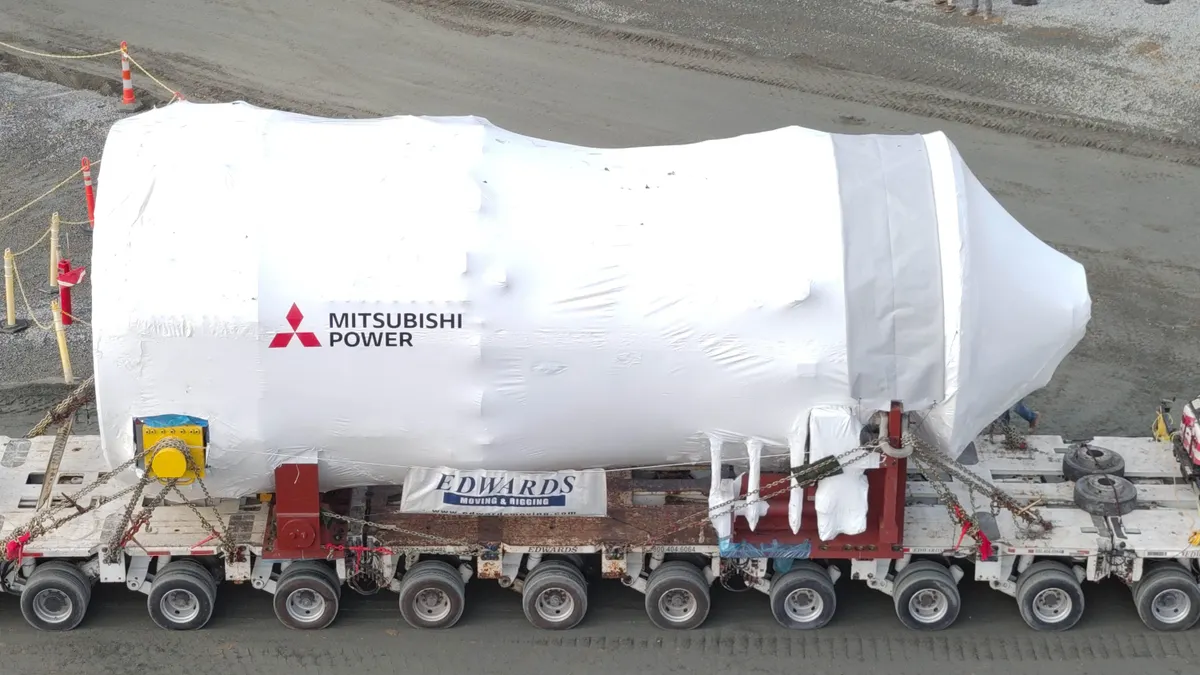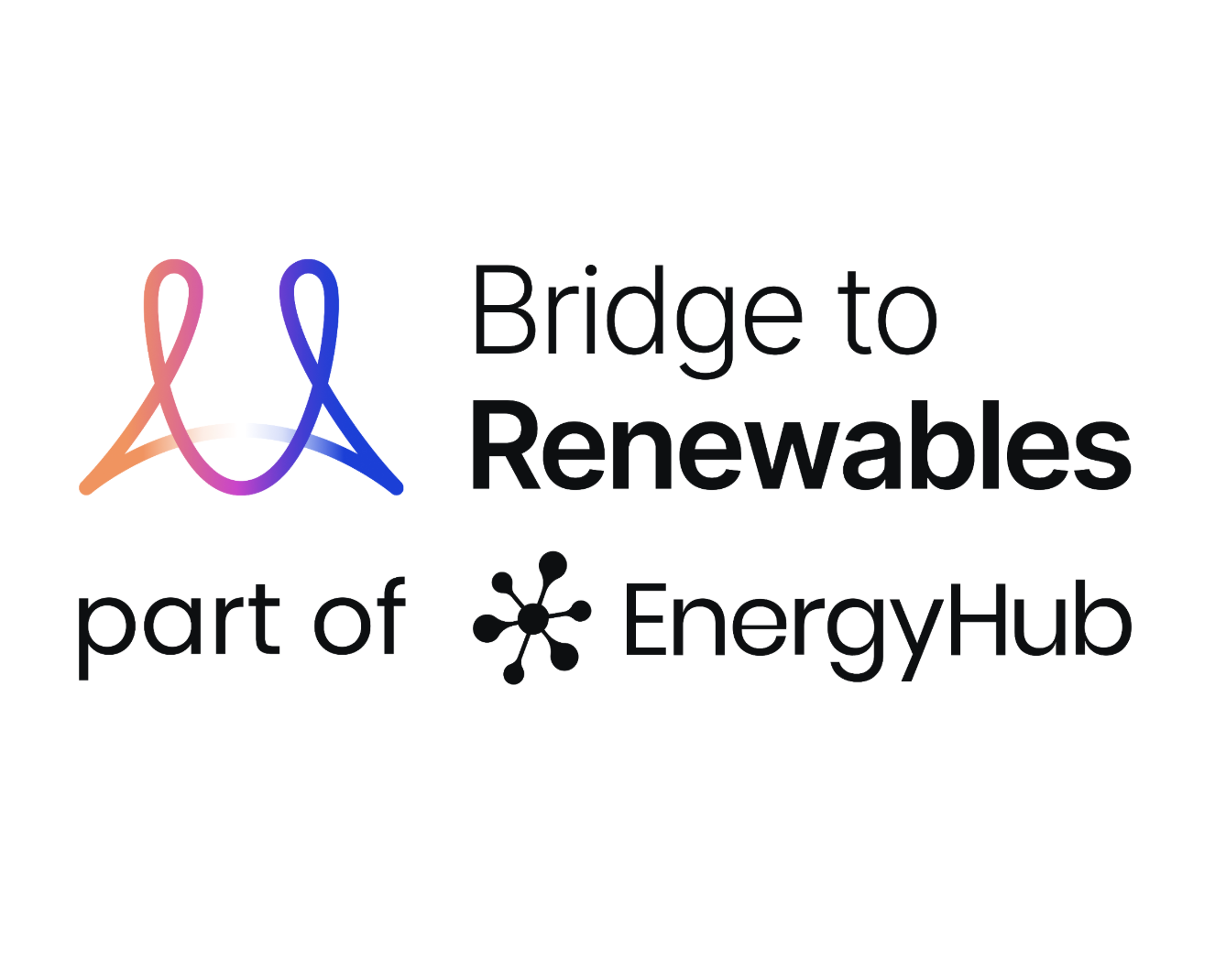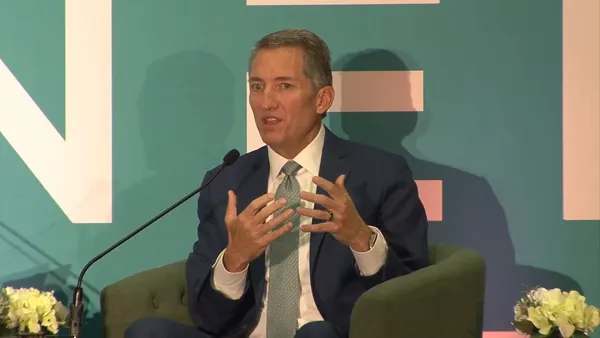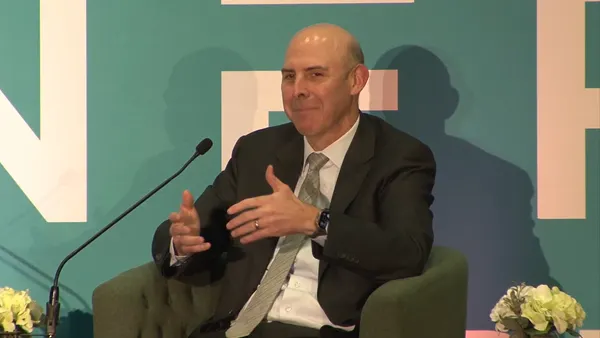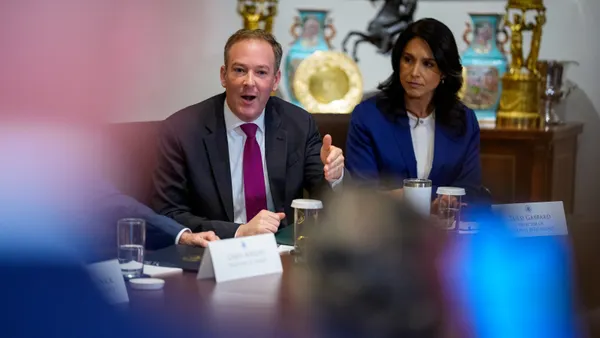Dive Brief:
- Lawmakers in Oregon's House have passed a measure to phase out the state's use of coal and source 50% of power from renewable resources. House Bill 4036, which would eliminate coal imports to the state by 2035, passed 39-20.
- The bill will now move to the Senate, where lawmakers there are considering another significant piece of legislation – a cap-and-trade system opposed by utilities in the state that sets a hard cap on emissions.
- But The Oregonian is reporting the states' utility regulators do not believe the House bill is in the best interest of consumers, and members of the Public Utilities Commission were shut out of developing the legislation.
Dive Insight:
One of two major pieces of energy legislation passed the House this week. Following a public records request from The Oregonian, the newspaper reports the Public Utilities Commission was denied the opportunity to provide meaningful input, with emails from commissioners showing vehement opposition to the bill and its development.
"This bill is absolute crap ... a shell game that will result in no actual emissions reductions and higher rates for Oregon customers," Commissioner John Savage, the longest-serving regulator at the PUC, wrote in January to a regulator in another state. "And then the utilities get to stuff our decisions they didn't like down our throats."
In early January, Oregon's investor-owned utilities — PacifiCorp and Portland General Electric — reached a compromise with environmental advocates. The utilities agreed to support HB 4036 if environmental groups dropped their push for a ballot initiative on coal matters.
PacifiCorp believes its plan will save $600 million by 2030; Portland General Electric said its own plan could save between $220-$360 million over the next 25 years.
But the emails uncovered by The Oregonian show the PUC has different feelings about the measure. The Citizen's Utility Board, which advocates for consumers, was a part of the deal but also expressed reservations.
"I may feel this is in the public interest and is better than the likely alternative," CUB Executive Director Bob Jenks wrote in an email to PUC Chair Susan Ackerman. "But I don't feel good about it, and I really hate the process that led to this. CUB's role in the process is open to criticism. We need to examine it ourselves and we will."
The deal is attracting attention for utility regulators around the country. At the winter meetings of the National Association of Regulatory Utility Commissioners (NARUC) this week, Montana commissioner and NARUC President Travis Kavulla criticised the bill.
"Perhaps peoples' intention in supporting it are about decarbonizing the fleet but that's not what it actually does," Kavulla said. "What it actually does is commandeers utilities to build more renewables and some electric vehicle charging infrastructure and says to them 'Listen you can't import your coal power into Oregon after a date certain.'"
One thing that is "amazingly" missing from the bill, he added, is a requirement for the utilities to shut down their existing coal capacity, which exists out of state in Wyoming and Montana.
"Presumably those utilities will simply reallocate their coal plants to customers in other states or engage some swapping behavior so the conscience of Oregonians can be clear," Kavulla said, "but it's pretty clear that this bill won't actually reduce carbon emissions despite that being the ostensible purpose of it."
The bill now heads to the Senate, where regulators may find they have more input. Co-sponsor of the Senate's version is Sen. Lee Beyer (D), a former chair of the PUC.






